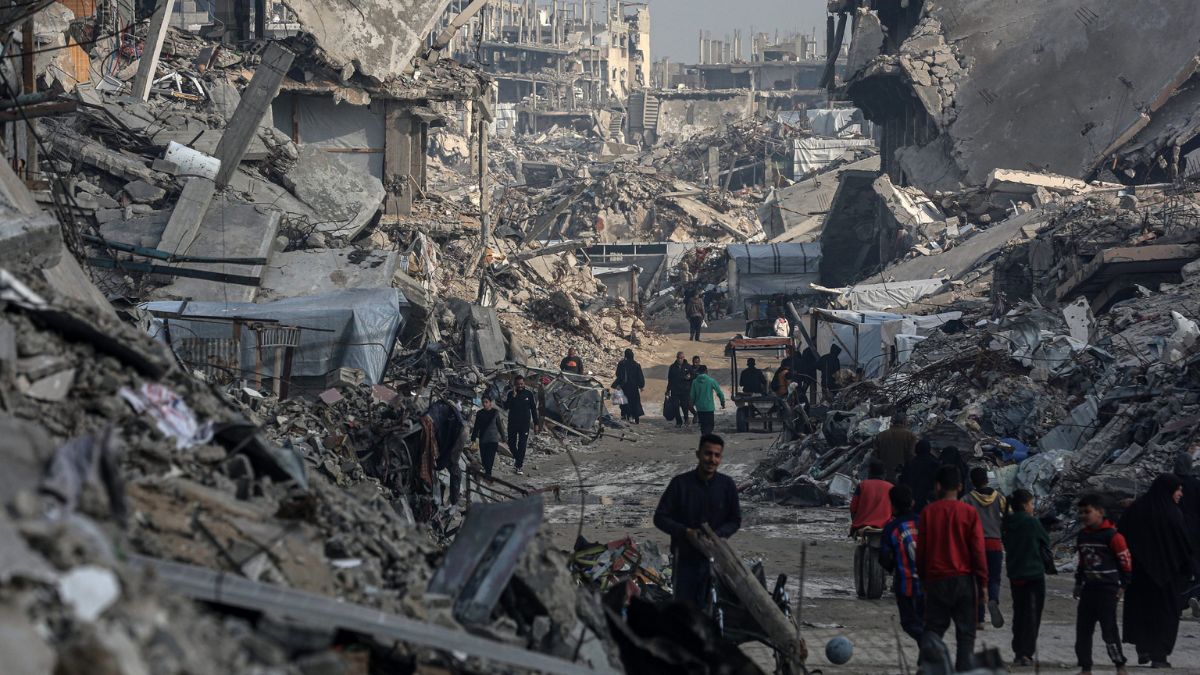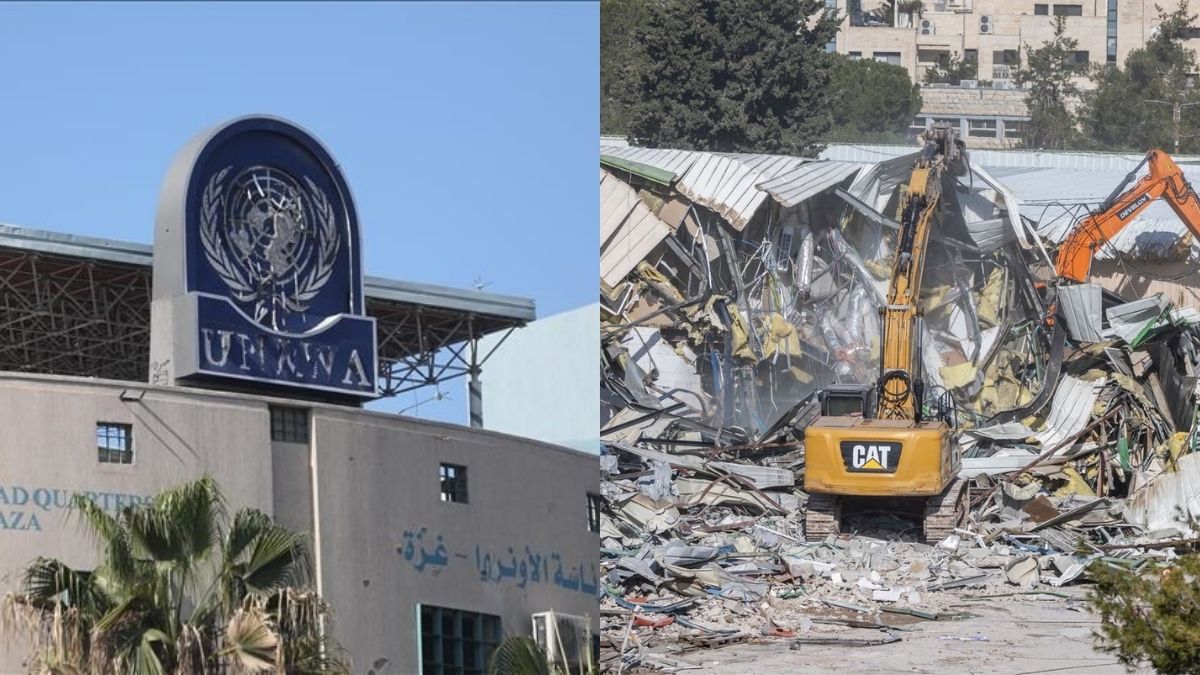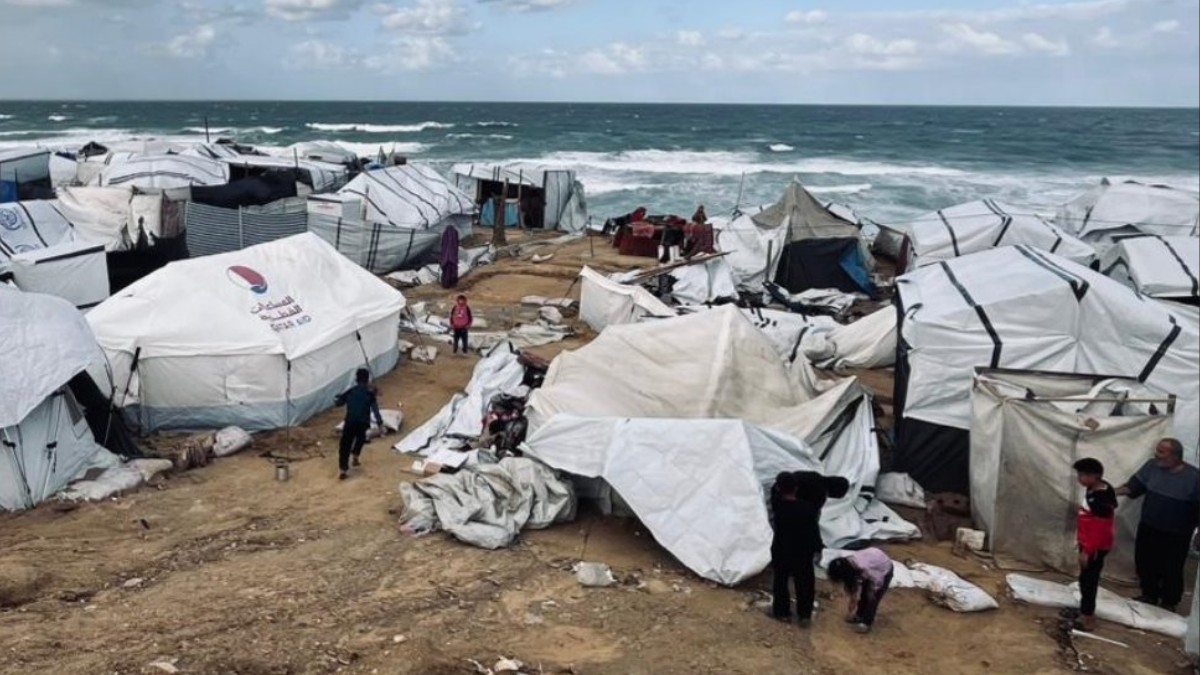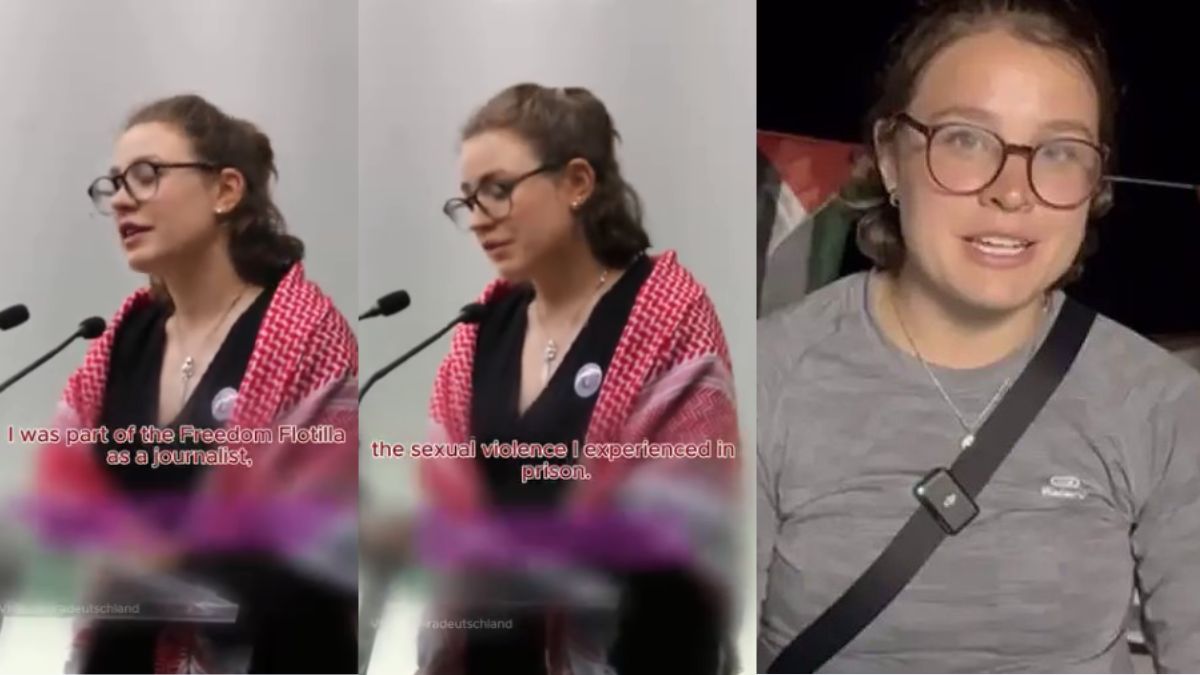Halimah Yacob questions Gaza ceasefire plan, warns of repeated failures
Former president Halimah Yacob has warned that the latest Gaza ceasefire proposal lacks legitimacy and risks repeating past failures, as deadly Israeli strikes continue despite calls for restraint.
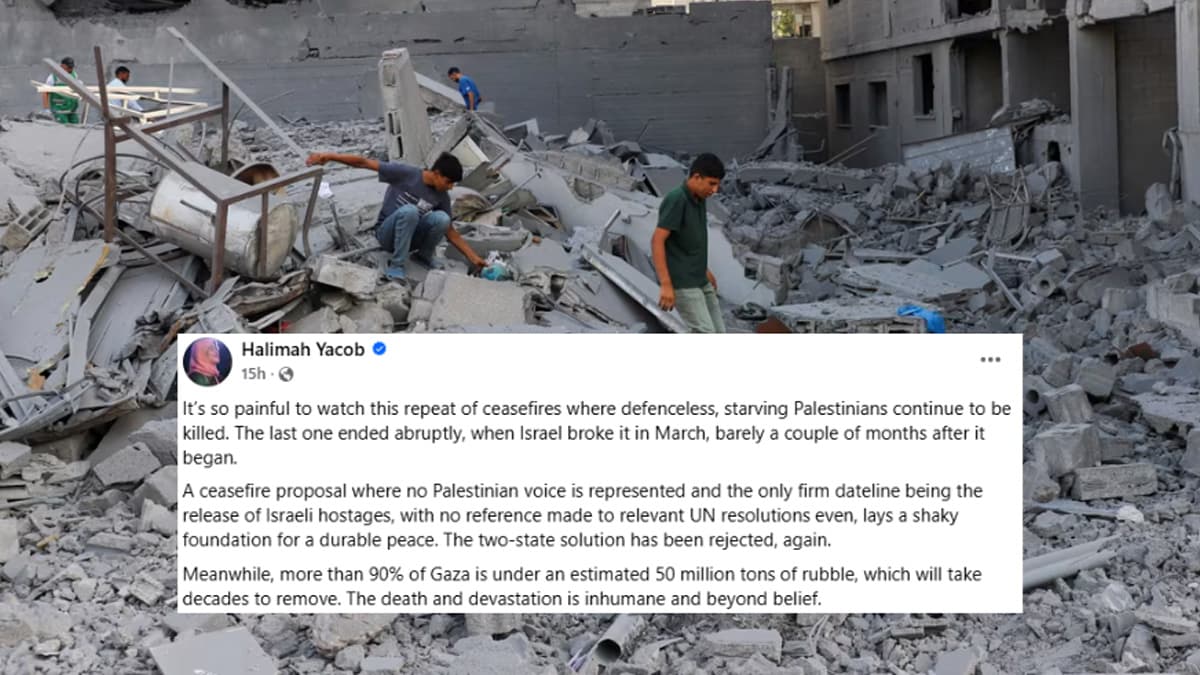
- Halimah Yacob criticised the Gaza ceasefire plan for excluding Palestinian voices and UN references.
- Israeli air strikes have continued despite partial Hamas acceptance of a US-backed proposal.
- Egypt-hosted talks are underway to finalise a deal involving hostage and prisoner exchanges.
Former Singapore president Halimah Yacob has raised concerns over the latest ceasefire proposal aimed at halting the ongoing war in Gaza, stating it risks repeating past failures due to its lack of legitimacy and inclusiveness.
In a Facebook post published on 5 October, Halimah described the ongoing situation as “so painful to watch”, expressing dismay at the recurring collapse of ceasefire efforts where “defenceless and starving Palestinians continued to be killed”.
She referred to the March 2024 breakdown of a previous truce, which she said had collapsed after Israel allegedly violated the terms only months after implementation.
“A ceasefire proposal where no Palestinian voice is represented and the only firm dateline is the release of Israeli hostages, with no reference made to relevant UN resolutions, lays a shaky foundation for a durable peace,” Halimah stated.
She also noted that the two-state solution—a long-standing international framework for peace—had once again been set aside.
Citing the extent of damage in Gaza, Halimah highlighted reports estimating that over 90 percent of the enclave lies under some 50 million tonnes of rubble.
“The death and devastation are inhumane and beyond belief,” she added.
Continued air strikes and civilian deaths
Halimah’s remarks came amid reports of continued Israeli air strikes on Gaza on 4 October, despite a public call from United States President Donald Trump for Israel to pause its bombing campaign.
Trump made the appeal after Hamas gave partial acceptance to a new ceasefire proposal, which was unveiled in Washington during Israeli Prime Minister Benjamin Netanyahu’s visit to the White House.
According to Gaza’s civil defence agency, Israeli forces launched multiple air and artillery strikes on Gaza City shortly after the ceasefire terms were partially accepted.
Medical sources reported that at least 36 Palestinians were killed in the attacks on Friday night. Eighteen of the victims, including children, were killed when an Israeli strike hit a home in the Tuffah neighbourhood of Gaza City.
The strikes reportedly destroyed around 20 homes during the overnight bombardment.
On Sunday, 5 October, at least 24 more Palestinians were reported killed, according to figures cited by Al Jazeera Arabic.
Four asylum seekers were reportedly shot near an aid distribution centre north of Rafah, with the Nasser Medical Complex confirming the fatalities.
Al Jazeera correspondents also reported Israeli air and ground operations continuing across central Gaza, including in areas designated as refuge zones for displaced civilians.
Israel says militants were targeted
The Israeli military stated that its strikes were aimed at Hamas operatives posing immediate threats to its troops.
It acknowledged reports of civilian deaths and noted that these were “under review”. A statement added that the military “deeply regrets” the loss of civilian life and said it makes efforts to minimise such casualties “as much as possible”.
Trump plan sets stage for negotiations
Trump’s newly unveiled 20-point plan, which was discussed during Netanyahu’s visit to Washington, proposes a ceasefire, the release of all captives within 72 hours, the disarmament of Hamas, and a phased Israeli withdrawal from Gaza.
On 3 October, Hamas said it had given partial approval to the plan. Conditions for the group’s acceptance include an end to hostilities, the release of Palestinian prisoners, and a complete Israeli withdrawal from Gaza.
Israel currently estimates that 48 hostages remain in Gaza, with 20 believed to be alive.
Further negotiations are expected in Sharm el-Sheikh, Egypt, where representatives from Israel and Hamas are meeting on 6 October.
Netanyahu’s office confirmed that top negotiator Ron Dermer is leading the Israeli delegation. Hamas officials arrived ahead of the talks, while US special envoy Steve Witkoff is also attending, according to Egyptian officials.
Talks are expected to focus on a comprehensive exchange involving all remaining Israeli hostages and thousands of Palestinians held in Israeli prisons.
US Secretary of State Marco Rubio welcomed the development, calling it “the closest we’ve come to getting all of the hostages released.”
Mounting toll in Gaza
According to Gaza’s health authorities, more than 67,000 Palestinians have been killed since the conflict erupted on 7 October 2023. Among the dead are at least 19,424 children.
The staggering toll has sparked renewed international debate over the proportionality of Israel’s military campaign and the viability of peace negotiations that do not include Palestinian participation.
While global actors continue to push for a ceasefire, Halimah’s comments reflect growing concern that without addressing structural imbalances and core political issues, ceasefire agreements will remain fragile and short-lived.


